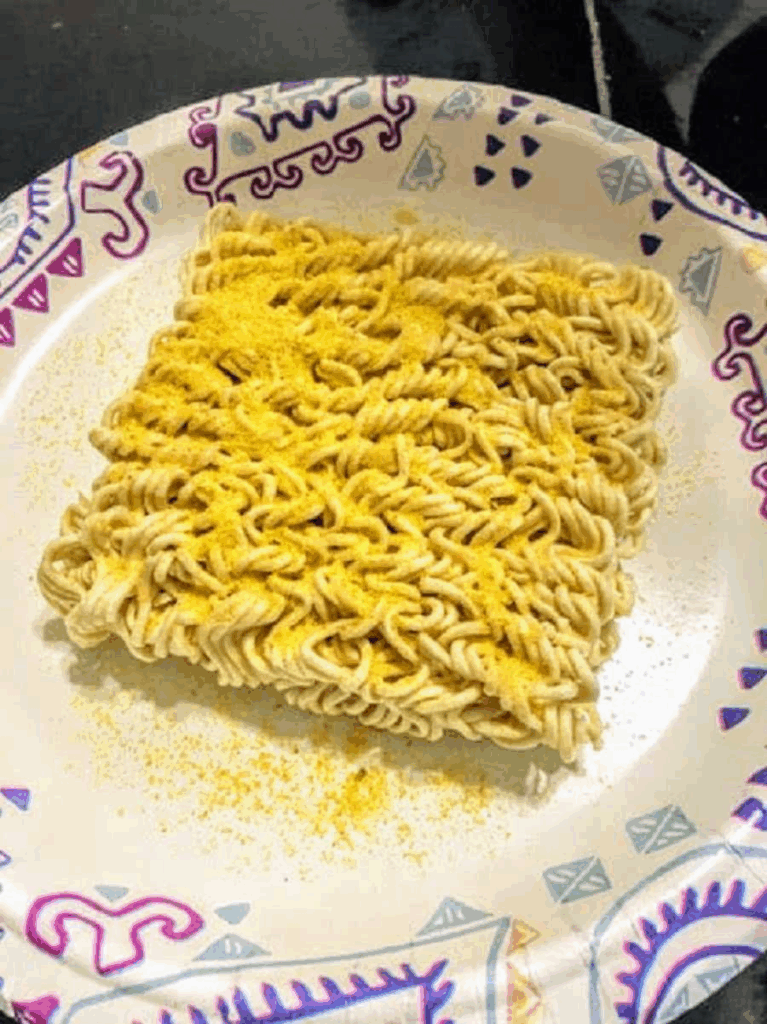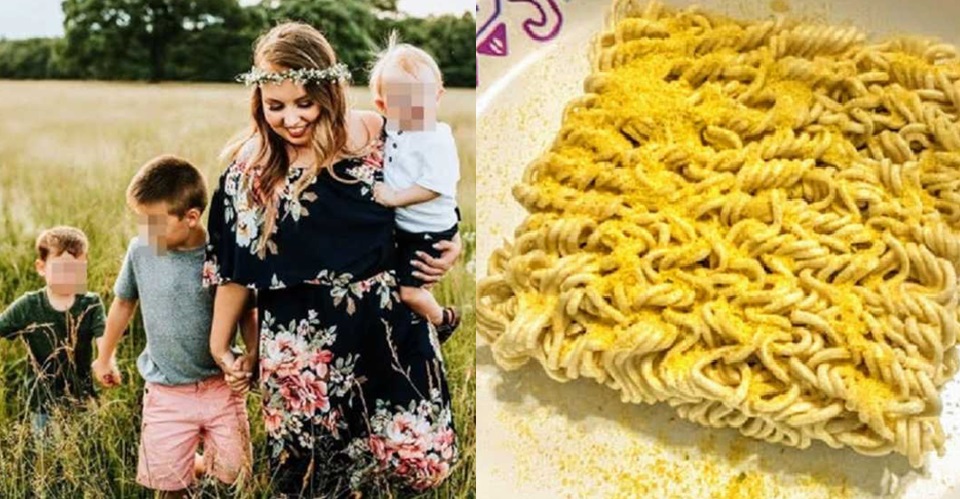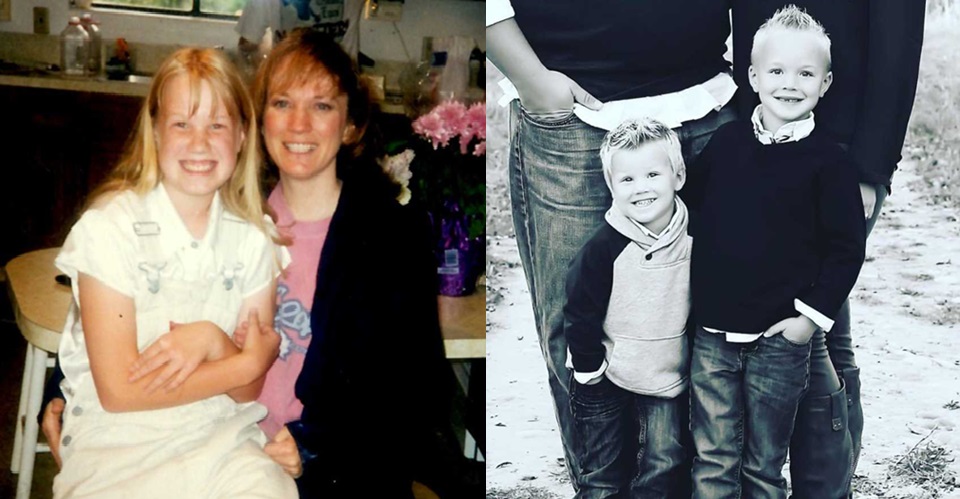What we observe and learn in childhood shapes our personalities and helps us adapt habits in adulthood. The story is a testament to how childhood traumas, endless love, and the beauty of patience impact our lives.
The foster mother and her adopted son, aged only nine, had just moved. The son had been living with another family for two and a half years, and a little action of the boy, something he had learnt early, made it clear that the family could not make enough time for the kids. One day, the boy patiently sat at the table with a plate of dry ramen before him. The mother, in awe, asked him what he was up to, and he replied that he had made himself dinner.

Adoring her little one, she offered to cook the noodles. Without a second thought, he refused and replied that he used to eat them all the time in his previous home. As he felt hungry, she made it for him today, too.
Then, the conversation continued about significant events in the baby’s life unraveling. He shared how when he was 6, he learnt how to take care of himself and the younger siblings, too. This surprised the mother, as the younger siblings were only 2 years and 4 months old. It was an indication of how the foster parents did not have enough time and were mostly passed out.
With so much strength, the baby also shared how there was no one to help and at times there was no food at all, which is why he searched for a few pennies in the van he lived in and went to any nearby store, all by himself, to get Ramen. With no knowledge of cooking and being so young, the boy did not know how to turn on the stove and boil water; thus, he ate dry noodles, and as time passed, the little one became used to and fond of eating them.
The way he expressed his love for eating dry noodles made it clear that it often happened in the years he lived with the previous family. Moreover, he also shared how he always tried his best to make bottles for the babies and break the noodles down for the younger siblings.

Listening to all this, the mother, out of love and to share, asked him to make her a bowl to appreciate his actions. The mother-son duo sat together, having dry noodles and water to the teeth, reflecting more on the past. He also admitted how the first time after he moved to the new house, and his mother made Ramen for him, he did not trust her. It showed the baby’s self-awareness as he said: ‘I didn’t trust you then.’ The following few lines he added also brought the mother to tears when he said that he does not miss being with the old family anymore, but misses how strong he had to be.
Everything she heard in those few minutes was hard on her, as she loved the baby like her own, but it depicts that the trauma of feeling left out does not go away, and healing takes time. So, if you plan to welcome someone new, especially a child, into your life, ensure you are ready to become a listener and a great friend.











